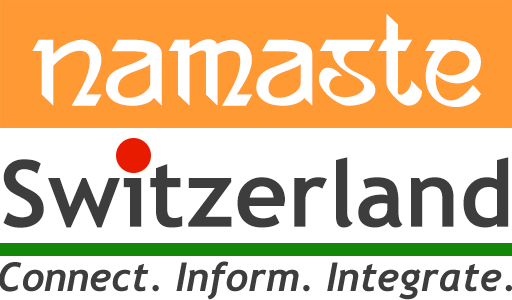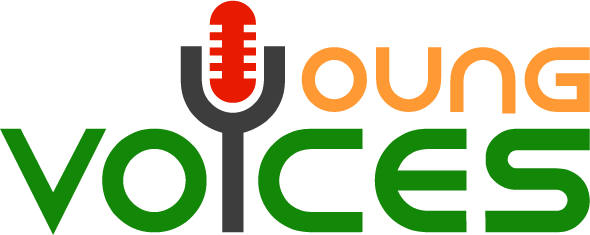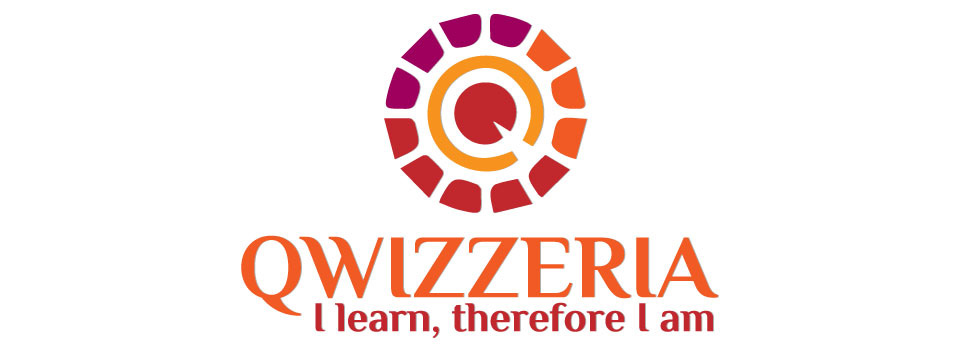A brief look at the new laws pertaining to leave from your place of work, occupational pension scheme and wage equality. Read all about it.
This year, a number of practice-relevant legislative changes have been introduced in employment law. In addition to paternity leave, there is now leave that one can avail in case of caring for unwell relatives and children with serious health problems. Also important is the possibility of voluntary continued insurance in the occupational pension scheme for employees aged 58 years and above, in case of dismissal; as well as the obligation to carry out a wage equality analysis for employers with 100 or more employees.
1. Paternity leave
Since January 1, 2021, fathers are entitled to a two-week paternity leave, which is compensated via the income compensation scheme (EO).
The conditions for entitlement are largely the same as those for the maternity allowance. If these conditions are met, the father is entitled to a paternity leave of two weeks and a paternity allowance of a maximum of 14 daily allowances. The daily allowance amounts to 80 per cent of the average income earned before the beginning of eligibility up to a maximum of CHF 196 per day or a total of CHF 2,744.
Paternity leave must be taken on a weekly or daily basis within six months of the birth of the child. The compensation is claimed via the employer by using the corresponding form. The employee must inform his/her employer in good time about the intended taking of paternity leave and discuss it with him/her (in particular, whether the leave is to be taken by the day, by the week or in one piece). The employee’s holiday entitlement may not be reduced because of paternity leave. Paternity leave does not lead to protection against dismissal for a certain period of time. However, if the employer gives notice and the father is entitled to paternity leave, the notice period is extended by the number of days of leave not yet taken.
2. Family care leave
From January 1, 2021, employees have been entitled to paid short leaves of up to three days to care for sick or injured relatives. The health impairment must be documented by a medical certificate and require care by the employee.
Relatives within the meaning of the relevant provision are family members in the ascending and descending line as well as siblings. Additionally, the spouse, the registered partner and the partner who has shared a household with the employee for at least five years are covered.
The duration of the short leave shall be limited to the time required for the care and shall not exceed three days per case. A maximum of ten days of this type of short leave may be taken per year of service. Absences to care for sick children do not fall under this annual maximum.
3. Childcare leave
From June 1, 2021, working parents of a minor child are jointly entitled to a care leave of up to 14 weeks per case of illness or accident to care for a child who is seriously impaired in health. The leave is compensated via the income compensation scheme (EO).
The leave can be taken by the day or all at once. If both parents are employed, they are each entitled to seven weeks’ leave and half of the maximum childcare allowance, unless otherwise agreed. Working parents must inform their employers immediately about the allocation of childcare leave, the modalities of taking it and any changes.
During childcare leave, there is entitlement to an EO childcare allowance if at least one parent is employed or self-employed and interrupts his or her employment. The allowance is paid as a daily allowance, generally at the rate of 80% of the previously earned income. If the childcare allowance does not cover at least 80 % of the salary due to the statutory maximum limit, the provisions of continued salary payment pursuant to Art. 324a and 324b CO apply.
In addition, this leave must be taken within a period of 18 months. The period begins on the day the first daily allowance is drawn. The holiday entitlement may not be reduced because of the childcare leave. In addition, the employee may not be dismissed as long as he or she is entitled to the allowance. The protection against dismissal applies for a maximum of six months since the beginning of the aforementioned period.
4. Continued BVG-insurance for employees aged 58 and over in case of dismissal
As of January 1, 2021, Art. 47a BVG is in force. This provision enables employees aged 58 and over to remain insured under the 2nd pillar on a voluntary basis if their employment relationship is terminated by their employer. Thus, it is now possible for such employees to draw a pension instead of a lump-sum payment at regular retirement age if they lose their job.
5. Pay equity analysis
Employers with 100 or more employees must conduct an initial pay equity analysis by June 30, 2021, at the latest. This must be carried out using a scientific and legally compliant method. For this purpose, the Confederation provides all employers with a free standard analysis tool (Logib).
The pay equity analysis carried out must be verified by an independent organisation. Employees must be informed in writing of the results of the analysis. Employers who do not comply with the obligation to carry out a pay equity analysis do not face any legal consequences. However, this can have a negative impact on the company’s reputation.
Up Next: News in inheritance law: Revision of the compulsory portion duty.
About the Author
 Isabelle Thouvenin grew up in the canton of Zurich. After studying Law in Zurich, she worked at the district court of Zurich at the departments for Divorce- and Inheritance Law and Employment Law. Since her admission to the bar in 2007, she worked for different law firms focusing on Employment Law, Inheritance Law, Real Estate Law and Family Law providing legal advice and acting as Counsel before courts for Swiss and international commercial and private clients. During her three-year stay abroad, she completed an LL.M. in Arbitration and Dispute Resolution at the University of Hong Kong and gained language skills in Mandarin (HSK II). In 2019 she joined WINZELER STEFFEN Attorneys at Law as a partner. Isabelle is married and a mother to two children and enjoys spinning, hiking and reading in her free time.
Isabelle Thouvenin grew up in the canton of Zurich. After studying Law in Zurich, she worked at the district court of Zurich at the departments for Divorce- and Inheritance Law and Employment Law. Since her admission to the bar in 2007, she worked for different law firms focusing on Employment Law, Inheritance Law, Real Estate Law and Family Law providing legal advice and acting as Counsel before courts for Swiss and international commercial and private clients. During her three-year stay abroad, she completed an LL.M. in Arbitration and Dispute Resolution at the University of Hong Kong and gained language skills in Mandarin (HSK II). In 2019 she joined WINZELER STEFFEN Attorneys at Law as a partner. Isabelle is married and a mother to two children and enjoys spinning, hiking and reading in her free time.
Disclaimer: Namaste Switzerland does not undertake any financial/reputational/legal/misrepresentational impact or other obligations/liabilities that may arise from the content.
Please note: Systems and laws change. We do not confirm the validity of the content at all times.












